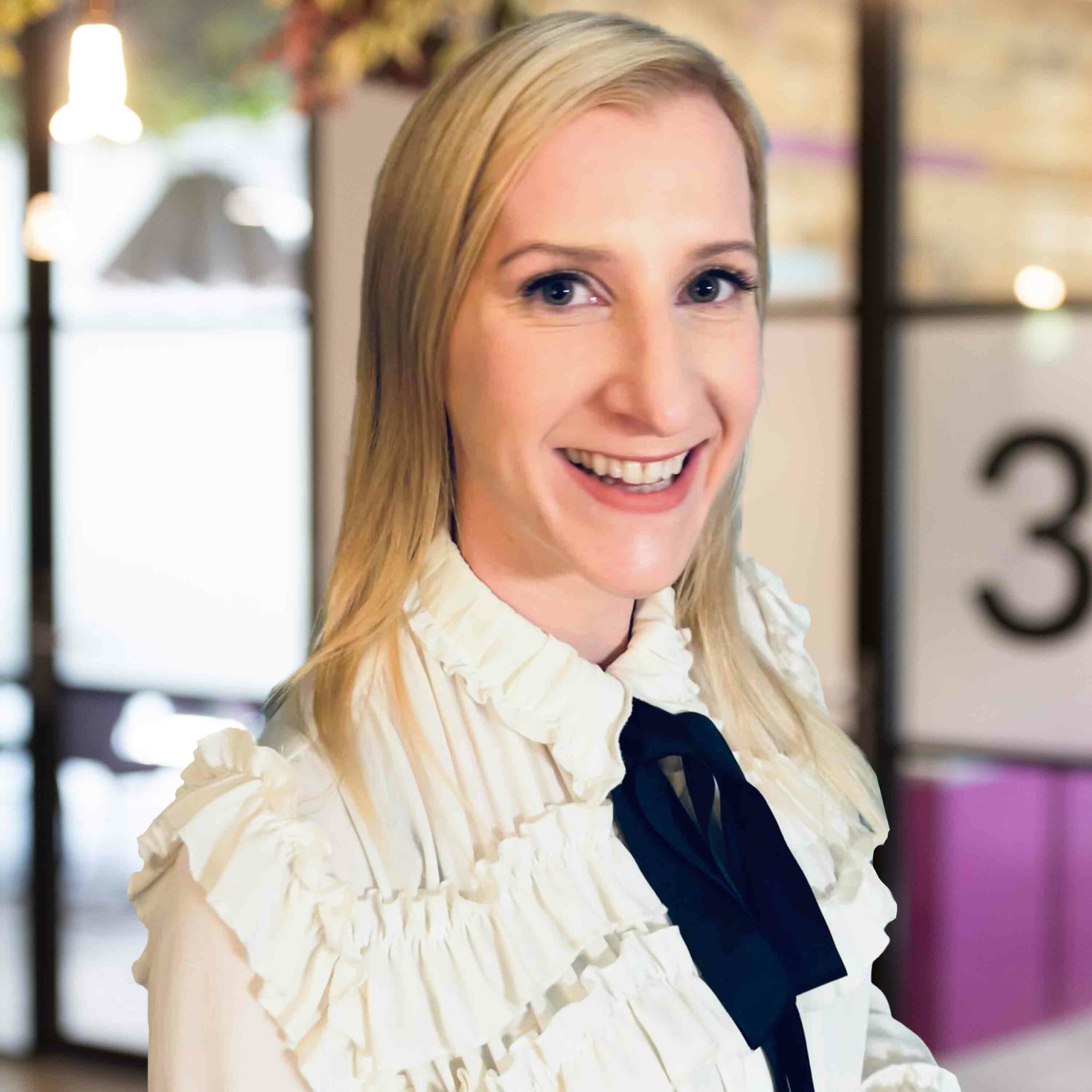The annual tax-free gifting allowance remaining static for the past four decades means its real value is lagging by 360%, research from law firms Shakespeare Martineau has revealed.
Current rules allow individuals to give away assets or cash up to a total of £3,000 each tax year without it being added back to the value of their estate for inheritance tax purposes should they die within seven years of the gift. Inheritance tax is currently payable at 40% to the extent the value of an estate exceeds an individual’s nil rate bands and any reliefs.
However, the exemption limit has not changed since it was set in 1981 – a time when it could easily cover the average cost of typically gifted items such as a house deposit (£2,373), first car (£1,000) or family holiday (£215).
Had the tax-free gifting allowance kept up with the rate of inflation, which has reached 268% during the past 42 years, it would now be worth £11,052, according to the Bank of England.
Julia Rosenbloom, chartered tax adviser and partner in our tax team, said: “Neglecting to raise the gifting threshold means it can currently cover just over 10% of the average house deposit – something it could have covered in full, with several hundreds of pounds in leftover cash, back in 1981.
“Inheritance tax was only ever intended to affect the very wealthiest households. But spiralling house and asset prices, combined with tax allowances that have been frozen for years, means a growing number of people could be dragged into the net.
“An increase in the existing tax regulations surrounding gifting is an imperative and long-overdue correction. It will benefit the state, contribute to a fairer system without widening the wealth gap in Britain, and address the growing perception of injustice surrounding inheritance tax. It is time for the government to re-evaluate and rectify this to ensure a more just system for all.”
As well as a cumulative total of £3,000, people can give as many small gifts up to £250 to as many different people as they like – but these are still unlikely to cover the cost of the most popular Christmas toys for children this year.
People can also gift £5,000 to a child, £2,500 to a grandchild or great-grandchild, or £1,000 to any other person who is getting married or starting a civil partnership. This threshold has also been left unchanged for decades, despite the average cost of a wedding now sitting at £19,037.
If more than the thresholds are gifted in one tax year, the giver must survive for seven years for the gifts to be exempt from inheritance tax. If not, the value of the gift is counted back into their estate when calculating the tax bill.
Fiona Dodd said: “Unfortunately, unless a person is psychic, there is no sure-fire way to avoid inheritance tax on gifts over £3,000.
“Sticking within the annual allowance and making use of small gift exemptions, however, are practical ways of ensuring the recipient will not be faced with a liability in years to come. Nevertheless, if you want to make a gift that is more than £3,000, generosity does not need to be feared – with the right estate planning and advice, there are ways to minimise your liability and give confidently.
“For example, there is an option of using ‘excess income’; if a person can prove their income meets all their living costs and their standard of living can be maintained after the gift, it may be possible to claim an exemption for inheritance tax. However, to qualify, there must be a regular pattern to this gifting.
“If in doubt, seek advice from an expert – the savings yielded through strategic planning far outweigh the charges incurred for professional advice.”






